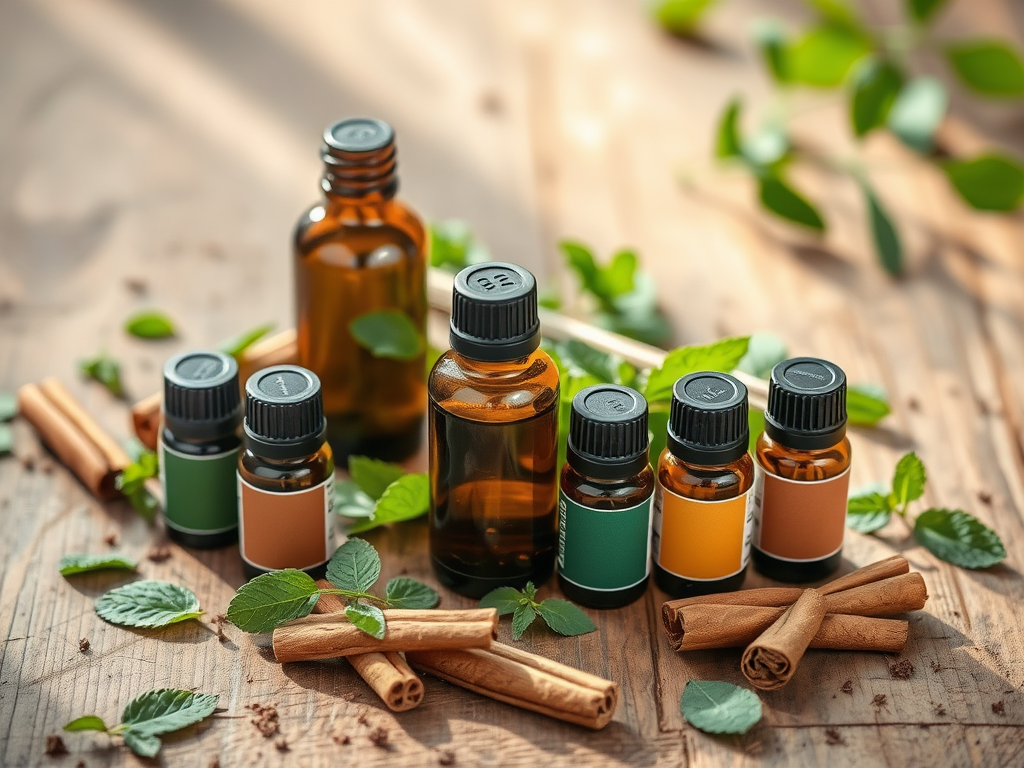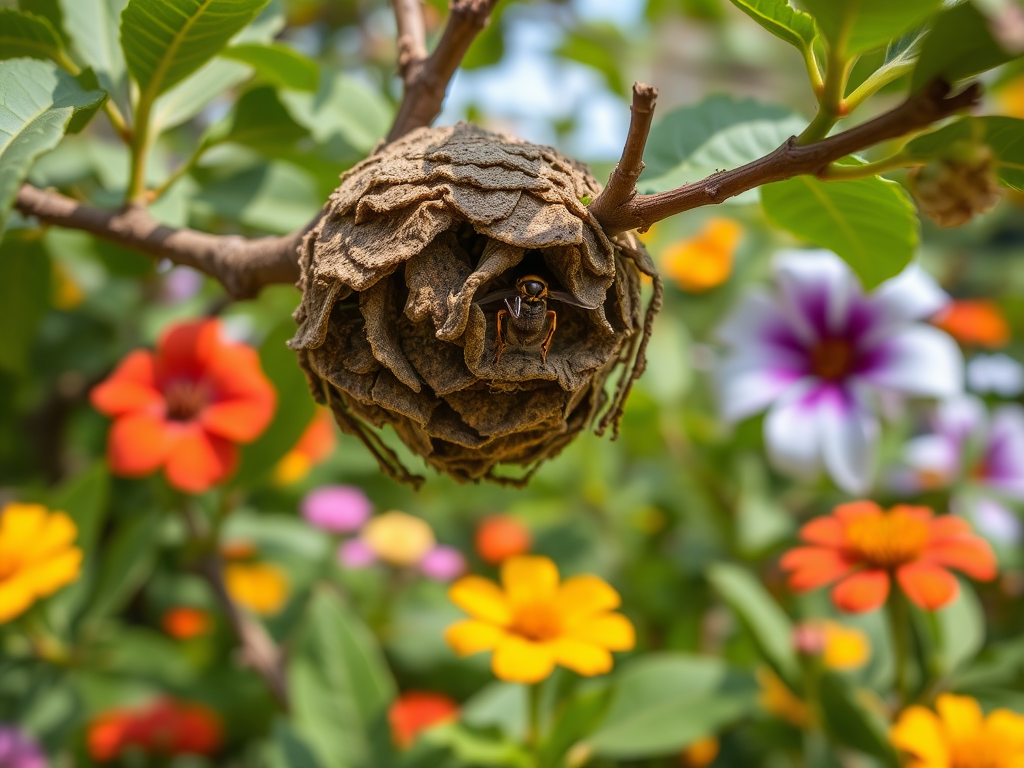Wasps can be a major nuisance when you’re trying to enjoy a sunny day outdoors. These uninvited guests seem to appear out of nowhere, drawn by the aroma of your delicious picnic spread or the cooler filled with beverages. While their presence can be intimidating, especially if you’re allergic to their stings, there are effective ways to keep them at bay. With a little knowledge about what triggers their aggression and what repels them, you can enjoy your outdoor activities without fear. Let’s explore these strategies and discover how to create a wasp-free zone in your backyard.
Understanding Wasps and Their Behavior

Wasps are not only bothersome but also play a vital role in our ecosystem. They help control pest populations and contribute to pollination. However, during certain times of the year, they can become overly aggressive as they seek food and defend their nests. Wasps thrive in areas where they find easy access to food sources, especially sugary substances, making your outdoor gatherings an attractive target. Understanding their behavior is crucial in preventing encounters. During late summer and early fall, wasp colonies are at their largest, leading to increased sightings as they become more brazen. Stings occur typically when a wasp feels threatened, making it essential to tread carefully in their vicinity.
What Scents Do Wasps Dislike?

Various scents can help repel wasps effectively. Utilizing these natural deterrents can keep them from invading your space during outdoor activities. Some scents create immediate discomfort for wasps, causing them to steer clear of areas where these scents are prevalent. Here’s a list of select essential oils that can serve as natural wasp repellents:
- Peppermint Oil: A strong minty scent that wasps detest.
- Cinnamon: The warm aroma of cinnamon can deter wasps.
- Vinegar: This pungent smell works well in traps and sprays.
Incorporating these oils into your outdoor environment can make a significant difference. For example, you can create a spray solution with water and these essential oils to mist around your gathering area, forming a protective barrier against wasps.
Strategies to Prevent Wasp Encounters
Taking proactive measures can make all the difference when it comes to avoiding wasps. The goal is to make your environment less appealing to them.
Covering Food and Drinks
One of the primary reasons wasps invade outdoor events is the allure of food. Here are tips to minimize attraction:
- Always keep food covered when not in use.
- Use clear containers with lids for snacks and meals.
- Employ food covers that can act as barriers against insects.
In doing so, you make it harder for wasps to detect food sources around you. Additionally, paying attention to your drink containers can help prevent uninvited guests from crashing your party.
Proper Trash Disposal
A tightly sealed trash can is your best defense against attracting wasps. They can smell food waste from astonishing distances, prompting them to look for a meal. Ensure that your garbage cans are secured and emptied regularly, especially during outdoor gatherings.
Create a Wasp-Repelling Garden
Some plants emit aromas that repel wasps while providing beauty to your garden. Here are a few to consider:
- Mint: An effective repellent herb that also smells pleasant.
- Eucalyptus: Strong-smelling, this plant can deter wasps as well.
- Basil: The pungent aroma can help keep them away.
Incorporate these plants strategically in your garden or patio to hinder wasp activity.
Dealing with Wasp Nests
Discovering a wasp nest nearby can be concerning. Handling this carefully is paramount for your safety. If you find a small wasp nest in an area where it poses a risk to people, consider employing some preventive measures.
| Wasp Nest Size | Recommended Action |
|---|---|
| Small (1-2 inches) | Attempt to remove it cautiously or use traps. |
| Medium (3-6 inches) | Consider using DIY deterrents or contact pest control. |
| Large (over 6 inches) | Seek professional pest control services for safe removal. |
Always prioritize your safety and be cautious. When in doubt, it’s best to call professionals.
Conclusion
Understanding what wasps hate empowers you to create a more enjoyable outdoor experience. By leveraging natural repellents, securing food and trash, and being aware of their nesting habits, you can significantly reduce encounters with these pesky insects. Employing simple tactics can transform your next gathering into a worry-free zone. With the natural scents of your garden and effective management of your space, you’ll be well-prepared to enjoy nature without the sting of unexpected guests.
Frequently Asked Questions
- What scents do wasps hate the most? Wasps are particularly repelled by peppermint oil, cinnamon, and vinegar.
- Can certain plants really keep wasps away? Yes, plants like mint and eucalyptus can deter wasps due to their strong aromas.
- How can I make my outdoor gatherings less appealing to wasps? Always keep food covered, use wasp-repelling plants, and ensure trash is sealed.
- What should I do if I find a wasp nest? If the nest is small and accessible, you may be able to remove it yourself. However, for larger nests, it’s best to contact pest control professionals.
- Do wasps attack for no reason? Wasps typically attack when they feel threatened or if their nests are disturbed. Being cautious around their territory is crucial.
